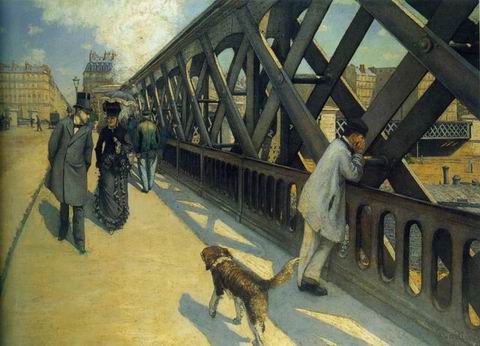 As we all know, Germany was razed to the ground during WWII. The German Mark was once again worthless, German Industry was at ground zero again. Instead of leaving Germany to its own devices like after Versailles, the victors invested money to make Germany a productive western nation embedded in respective economic and political philosophies. The lands occupied by the Soviet Union did their thing, and Western Germany took off like a rocket.
As we all know, Germany was razed to the ground during WWII. The German Mark was once again worthless, German Industry was at ground zero again. Instead of leaving Germany to its own devices like after Versailles, the victors invested money to make Germany a productive western nation embedded in respective economic and political philosophies. The lands occupied by the Soviet Union did their thing, and Western Germany took off like a rocket.The word "Wirtschaftswunder" means "Economic Miracle." So far, no city is a prime example of this as Munich. Much of the downtown area and former “old city” was rebuilt in the old style and gleams today like it was built, well, 50 years ago. Munich is the ultimate Phoenix.

The meaning of Munich is the meaning of Germany. It is the symbol of reinvention amongst tradition. Its architecture spans from re-invented medieval to ultra-modern. It was home to kings and now the most thriving bourgeois in Germany. It is home to industries such as BMW and Siemens and the European headquarters for many global service, publishing, and insurance operations. Muenchners enjoy the highest average wages in all of Germany, but maintain one of the lowest costs of living. The thriving economy looks like London and the cultural aura feels like New York City.
 When Munich was chosen to host the 1972 Olympics, it was really the point at which the world recognized Germany as a world player again. Instead of building anything normal, Munich chose to represent itself as a city of the future with some of the (still to this day) most modern architecture and cutting-edge technology, which is yet, as far as I know, to be matched by any other Olympic host. It is a symbol of a city that has recovered from its past and looks forward to the future, a claim not many cities its size can advertise.
When Munich was chosen to host the 1972 Olympics, it was really the point at which the world recognized Germany as a world player again. Instead of building anything normal, Munich chose to represent itself as a city of the future with some of the (still to this day) most modern architecture and cutting-edge technology, which is yet, as far as I know, to be matched by any other Olympic host. It is a symbol of a city that has recovered from its past and looks forward to the future, a claim not many cities its size can advertise.Munich proper is the size of Dallas and the size Munich/Augsburg and DFW metro areas are very close. I very much like to compare the cities because they maintain two of the most diversified economies in the western world. It, like Dallas, has fared pretty well in the recent economic downturn. However, what Munich has done that Dallas has not is a plan for stability and sustainability. I had no problem getting around Munich - public transport was a breeze. It was very predictable and convenient. Dallas is a completely different story: one must live in the right places, otherwise getting around is a nightmare (granted, Dallas is planning to expand and make the city public-transport-friendly). Munich has some of the most advanced urban infrastructure I've seen in a European city. Suburbia sprawls around the city and commuters flow into the business parks daily. Highways, byways, express ways, and streets actually large enough for two cars to pass each other connect the far and wide areas, much like the efficient highway system in DFW, yet air quality in Munich was never an issue. Not once did I feel my throat burn as it did in London, Brussels, Hamburg, Amsterdam, or Vienna. I'm not sure how they did it, but it was actually pleasant.
And most of all, I felt safe. No shady corners and suspicious characters. I did not feel the need to check for my wallet as I walked down the street, nor did I have a problem with setting my backpack lazily on the floor in front of me on the subway. Just some numbers to give you an idea: in 2007, there were 13 murders in Munich, a city of 1.5 million people. Compare that to 187 in Dallas and 284 in Houston. Not bad, I say.
The city is clean and pretty much void of peculiar characters. I attribute that to the high standard of living that residents in Munich enjoy, but also the intensive public services designed to keep trash and beggars off of the street.
Also, Munich is easy-going. Not once did I feel the need to rush somewhere like I do when I visited Chicago, New York, or London. Sipping a coffee on the side street is nice, to-go restaurants even have standing places, and the subway wasn't crammed to the brim.
All in all, it is a city that has planned itself well. It keeps its eggs amongst different baskets, looks out for the quality of life, isn't afraid to try something new, and has planned for future expansion. It's no wonder the city is known for its Gemütlichkeit.

No comments:
Post a Comment